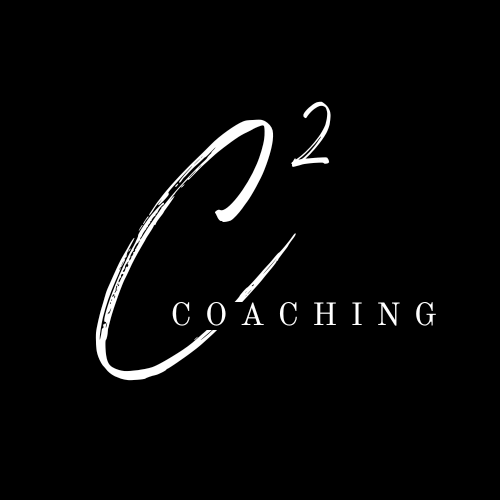The Fog of Grief
Several years ago, I lost a relationship I never imagined living without—and the grief hit me like a heavy, wet blanket in the middle of summer. I couldn’t shake the sadness, no matter how hard I tried. I wish I could tell you I had a neat set of steps that helped me bounce back quickly, but that just wasn’t my story. The truth is, it took nearly three years to find my footing again… and to trust myself in the process.
Grief, in its rawest form, is heavy. It shows up uninvited, often triggered by things we never could’ve controlled. When that kind of loss hits, it’s easy to slip into blame, isolation, or even try to numb it all away—but those responses don’t help us heal. They just delay the work our hearts need. Real healing starts when we allow ourselves to feel, name what we’re carrying, make peace with what was and what is, and slowly open up to the risk of living—and loving—again.
Grief is the reminder that 'it', whatever 'it' is, mattered, made a difference, and was worthy of your affection or attention at a point in time. It is not to be ignored or clung to. The only path to the other side of grief is through.
Here are a few tools to put in your tool belt if you are finding yourself stuck in a cycle of grief that is blocking you from moving forward.
Give yourself permission to mourn. That may be tears, it may be staying quiet for a time. It may be talking about it until you're blue in the face. We all mourn differently but mourn we must. Find yourself a trusted friend to help you navigate the pain and process the thoughts and feelings you are experiencing. Don't rush this part. Some things just take time.
Don't grieve alone. Grief is often isolating because we think people are tired of hearing about it. They may be, but the right people understand your heart needs to be heard. They also know how to speak truth to your heart when the temptation to self-hate or self-sabotage gets too loud. We need people who love us enough to get in the mud but won't let us stay there.
Stop blaming and start taking responsibility. When we lose someone or something our first inclination is to blame someone else and defend ourselves. Listen clearly, we cannot judge others by their behavior and judge ourselves by our intentions. Take the time to mourn, be angry, confused and all the things. Then when the tears stop and anger starts - resist the anger and look within. The old saying is true, "it takes two to tango". Find something you can take responsibility for. This doesn't necessarily make you at fault but it does give you your power back. When we take responsibility for how we showed up in the past it empowers how we show up in the future.
Forgive and Let Go. This is hard, especially when anger or offense feels like power. Replaying the hurt might feel validating, but it keeps us stuck—frustrated and living in the past. I don’t know about you, but I just don’t have the energy to carry that anymore. Forgiveness isn’t for them; it’s for you. The truth stands whether others believe it or not. Character rises, truth comes out, and life has a way of settling accounts. You don’t have to hold on to pain for justice to happen.
Give yourself permission to smile again. After a season of loss we often avoid joy because it feels like a betrayal to the past. But it isn't. The past cannot be different because it wasn't. We should never give old relationships or the past power over our future. We must allow ourselves the gift of joy. It doesn't mean the past didn't hurt but it does mean the future doesn't have to.
-Kim BaughmanCertified Maxwell DISC Coach
Founder C-Squared Coaching
